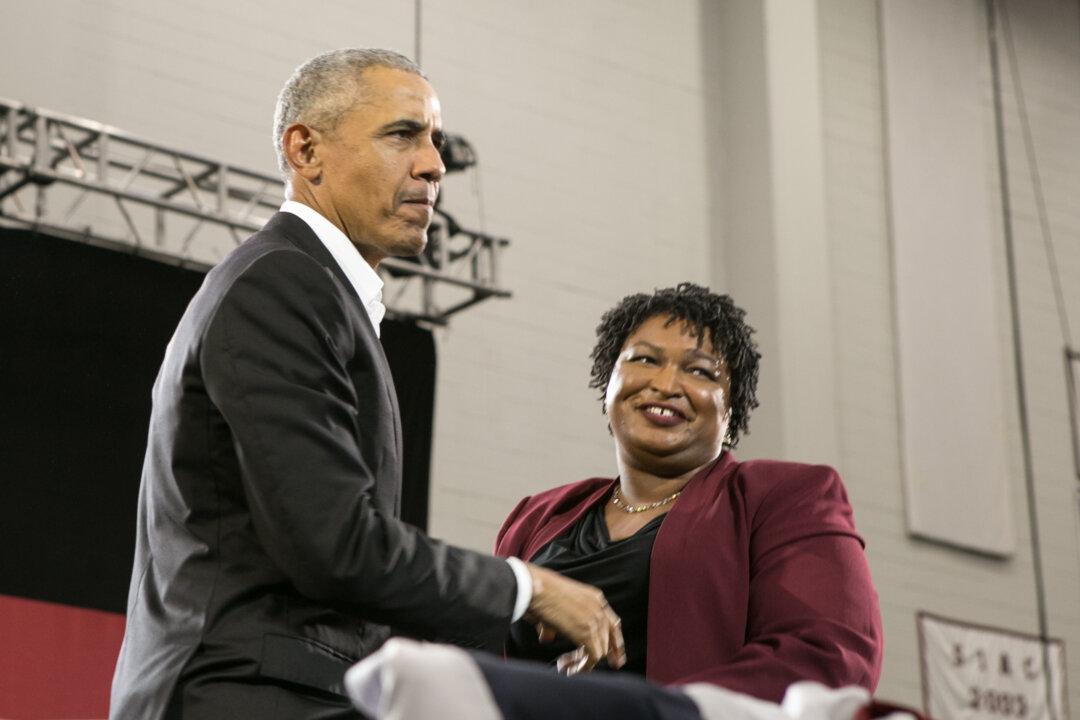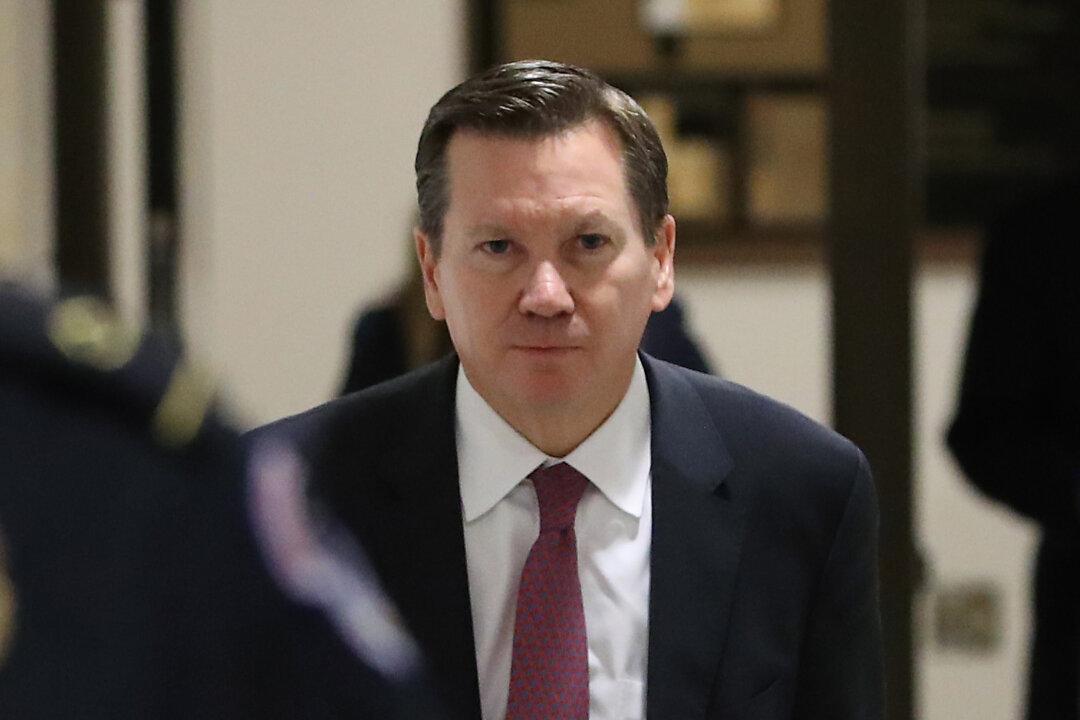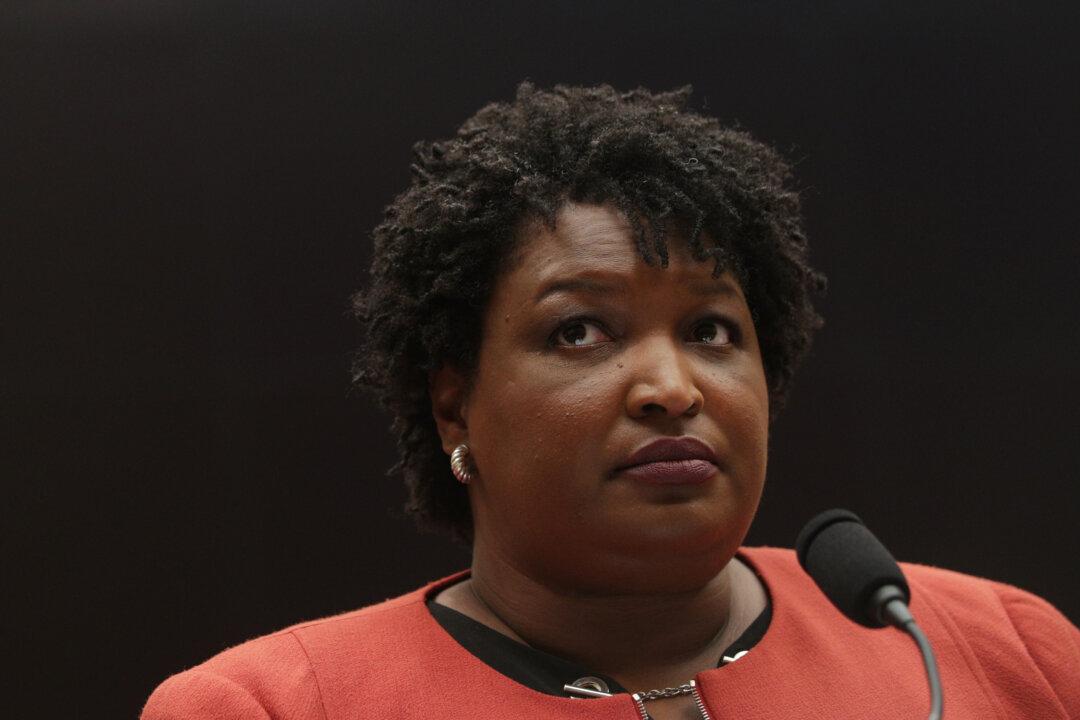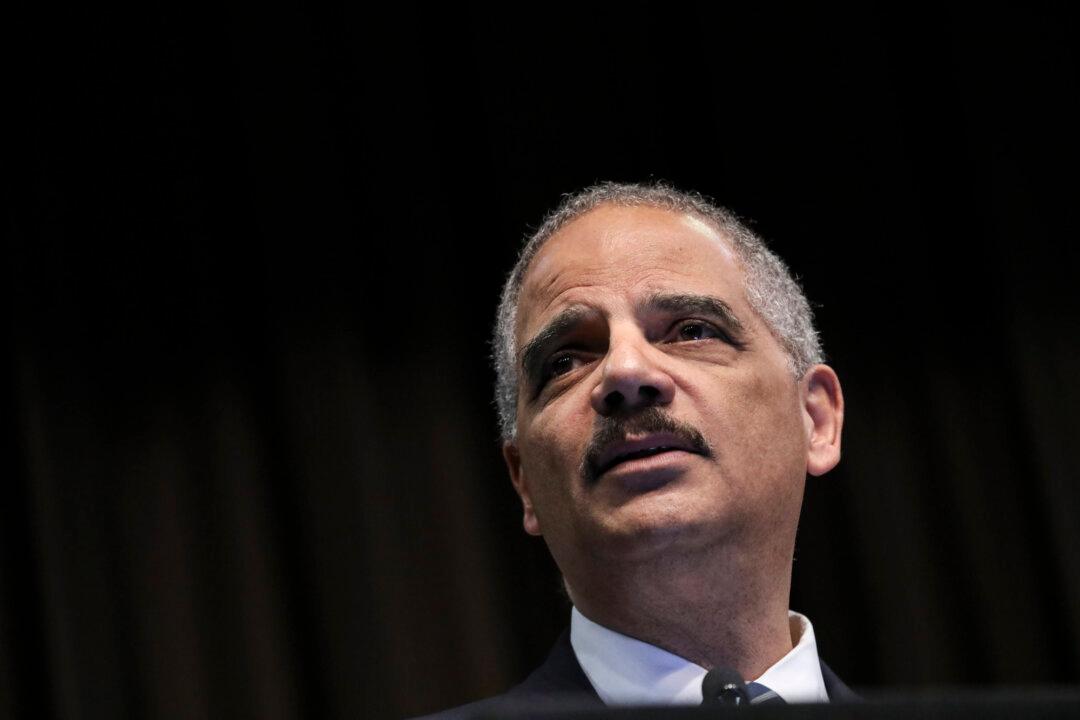Georgia’s Democratic candidate for governor, Stacey Abrams, admitted electoral defeat on Nov. 16, but vowed to continue fighting, through a federal lawsuit and a political action committee called Fair Fight Georgia.
The lawsuit will be filed under the auspices of the newly formed PAC, she said, which is the latest effort at political fundraising that in the past has garnered millions of dollars in donations from sources she has refused to identify.




